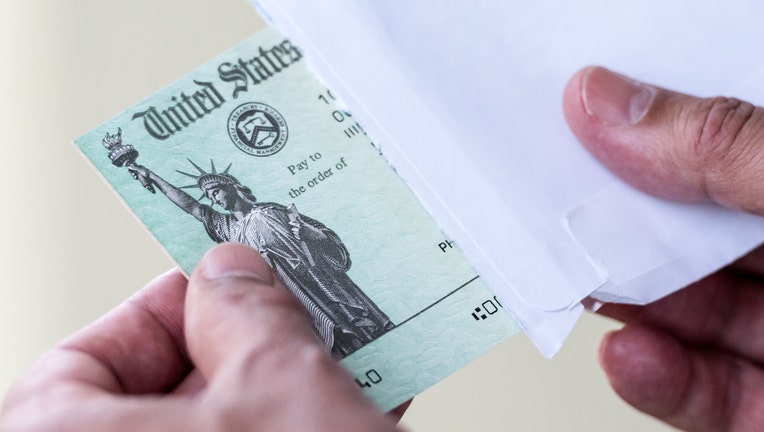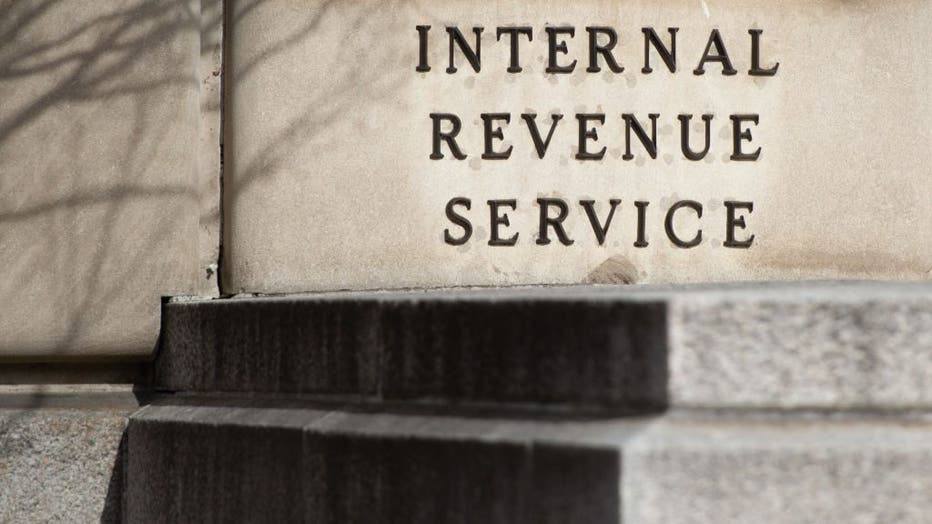Still waiting for your stimulus check? Here's what the IRS says you need to do

The IRS has delivered about 161 million stimulus checks as part of President Biden's $1.9 trillion American Rescue Plan, but some Americans are still waiting for their payment to arrive – and the deadline is fast approaching to claim the money.
The agency is urging taxpayers who have not received the money, or who got a smaller-than-expected amount, to file a federal tax return in order to claim it.
Americans who saw their income reduced or lost their job, or who had a child, got married or could no longer be claimed as a dependent last year, should file their tax return as soon as possible in order to guarantee they receive a stimulus payment or a "plus-up" payment. The "plus-up" payments are for people who didn't get their entire payments from the three rounds of federal stimulus checks – worth $1,200, $600, and $1,400.
Americans who are owed more money have two ways to claim the funds: You can use a recovery rebate worksheet to calculate how much you should receive from the original two checks and claim that amount on Line 30 of Form 1040 and Form 1040-SR when filing your tax returns. That money will arrive as part of your refund check.
If the IRS already sent the third stimulus check but you are owed more based on your 2020 tax returns, the IRS will automatically adjust the payment after you file your returns with a "plus-up" check.
The IRS extended the traditional tax-filing deadline from April 15 to May 17 earlier this year in order to process a slew of pandemic-related changes to the tax code.
But the IRS is warning that some people may receive smaller-than-expected adjustments. The agency said it would send a letter explaining any discrepancies, but noted it could cause a "slight delay in processing the return."
But not everyone needs to file a return in order to receive the cash payment. Americans who collect federal benefits, including Social Security recipients, should receive their checks automatically. But if you have gained a dependent this year or last, you should file your return in order to provide the IRS with the most up-to-date information about your financial situation.
Americans who submitted their information using the non-filer tool last year do not need to resubmit their information.
The cash payments included in Biden's stimulus bill are the largest yet, with some Americans eligible to receive up to $1,400. But like the previous rounds of checks — worth a respective $1,200 and $600 — some people will be excluded from getting the money.
Under the legislation, individuals with an adjusted gross income of $75,000 or less and couples with an adjusted gross income of $150,000 or less are eligible to receive a one-time payment of $1,400.

(Photo credit should read SAUL LOEB/AFP via Getty Images)
Americans who earn more than the threshold line will still receive a partial check. But payments are cut off for individuals who earn $80,000 a year or more and couples who earn $160,000 a year or more. For those filing as head of household, the phaseout begins at $112,500 and tapers off at $120,000.
If you haven't received your payment yet, you can check its status using the IRS' Get My Payment tool.
Read more at FOXBusiness.com.

Milwaukee pension obligations loom while layoffs are possible
The City of Milwaukee is facing some serious decisions as a fiscal cliff looms with its employee pension obligations. Those yearly payments are set to more than double in 2023 -- and layoffs of hundreds of city employees are on the table.
Featured
Packers' president Murphy on Rodgers;'very much aware' of concerns
In his monthly newsletter, Packers' President and CEO Mark Murphy discussed the elephant in the room during the 2021 Draft week.


